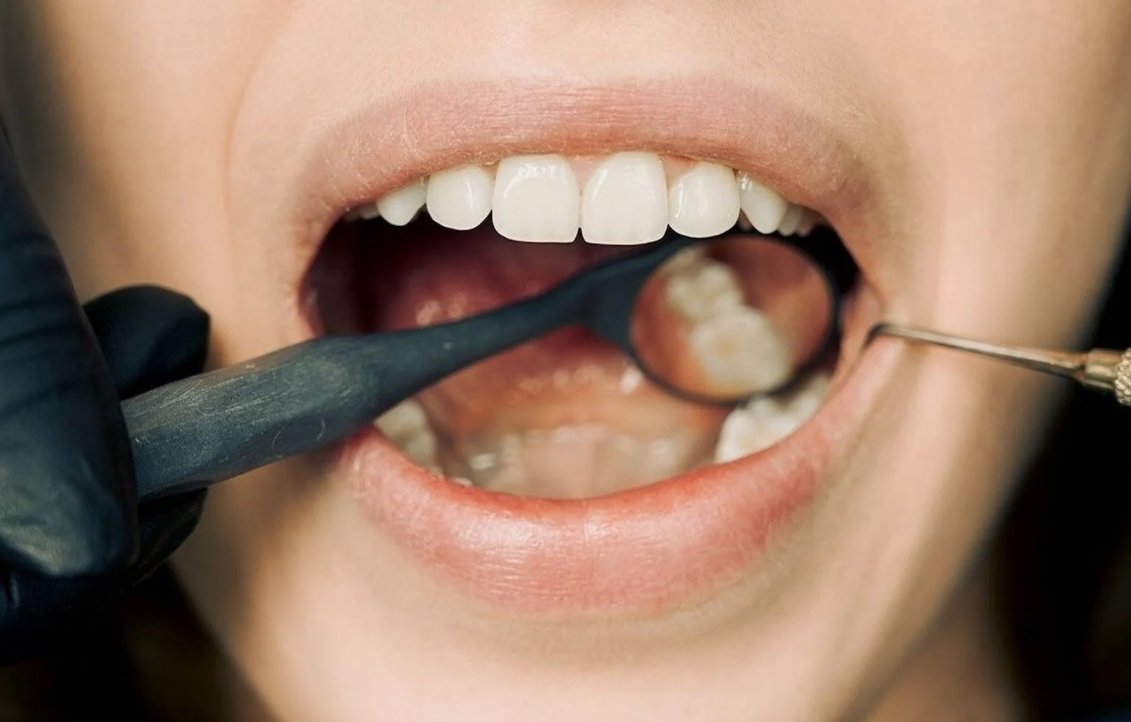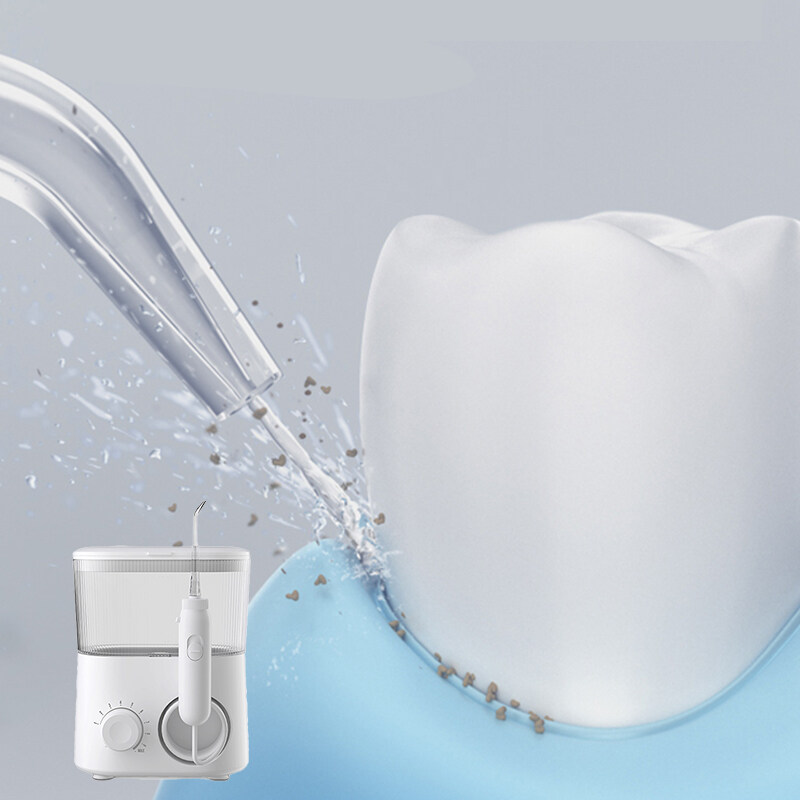Erreur de format d'e-mail
emailCannotEmpty
emailDoesExist
pwdLetterLimtTip
inconsistentPwd
pwdLetterLimtTip
inconsistentPwd

Nouvelles

How does bad oral hygiene affect your health?
Oral problems will not only lead to gum disease and loss of appetite, but also lead to some embarrassingly bad breath. In order to avoid these embarrassing situations, we need to understand what bad oral hygiene can cause. And now there are many an electric oral irrigator factory focusing on oral hygiene products, and Mstime is a company committed to oral hygiene products for adults and kids, so you can find products you need. Okay, without further ado, let get started on this serious topic.
How poor oral hygiene affects your health?
Bad oral hygiene can have a significant impact on your overall health. Here are some ways in which it can affect you:
Gum disease: Poor oral hygiene can lead to gum disease, which is caused by the buildup of plaque on the teeth. Gum disease can cause bleeding, swelling, and soreness in the gums, and if left untreated, can lead to tooth loss.
Tooth decay: When you don't brush and floss regularly, plaque and bacteria can accumulate on your teeth, leading to tooth decay. This can cause pain, sensitivity, and even infection.
Bad breath: Poor oral hygiene can also cause bad breath, which can be embarrassing and socially isolating.
Heart disease: Recent studies have shown a link between gum disease and heart disease. The bacteria from gum disease can enter the bloodstream and travel to the heart, causing inflammation and increasing the risk of heart disease.
Diabetes: People with diabetes are at a higher risk of developing gum disease, and poor oral hygiene can make it more difficult to manage blood sugar levels.
Respiratory infections: Poor oral hygiene can lead to the growth of bacteria in the mouth, which can then be inhaled into the lungs, causing respiratory infections like pneumonia.
Overall, maintaining good oral hygiene is essential for your overall health and well-being. Regular brushing, flossing, and dental checkups can help prevent many of these problems and keep your teeth and gums healthy.

What does bad oral hygiene cause?
Bad oral hygiene can cause a variety of dental and health problems, including:
1. Tooth decay
2. Gum disease
3. Halitosis (bad breath)
4. Tooth loss
5. Oral infections and abscesses
6. Tooth sensitivity
7. Risk of heart disease, stroke, and diabetes
8. Digestive issues
9. Oral cancer
10. Low self-esteem and confidence.
What is a good oral hygiene?
Good oral hygiene involves keeping your teeth, gums, and overall oral cavity clean and healthy. Good oral hygiene will not produce a strange tastes, and it can also make people feel better, after all, it makes you have a lot of appetites.
How to take care of your oral hygiene?
Taking care of your oral hygiene is crucial to maintaining good overall health. Here are some tips to take care of your oral hygiene:
1. Brush your teeth twice a day with a fluoride toothpaste, using a soft-bristled toothbrush. Brush for at least two minutes to effectively clean your teeth.
2. Floss daily to remove food particles and plaque from between your teeth and along your gumline. A water flosser can also be used instead of traditional floss.
3. Use mouthwash to freshen your breath and kill bacteria.
4. Clean your tongue with a tongue scraper or a soft-bristled toothbrush to remove bacteria that can cause bad breath.
5. Avoid sugary and acidic drinks and snacks, as they can erode your teeth.
6. Limit your alcohol and tobacco intake, which can increase your risk of oral cancer and other health problems.
7. Drink plenty of water to wash away food particles and bacteria.
8. Visit your dentist regularly for check-ups and cleaning to prevent oral health problems and maintain good oral hygiene.
9. Use dental products like a dental sealant or fluoride varnish to protect your teeth.

10. Use an electric oral irrigator. It can removes plaque and bacteria: The high-pressure stream of water helps remove plaque and food particles that can lead to bad breath, gum disease, and tooth decay.
An electric oral irrigator can clean in between teeth, braces, and other dental appliances that a toothbrush can't reach.
An electric oral irrigator can be a useful tool in maintaining oral hygiene and keeping teeth and gums healthy. However, it should not be used as a substitute for regular brushing and flossing, which are still regarded as essential practices for maintaining good oral hygiene.
By following these tips, you can maintain good oral hygiene and keep your teeth and gums healthy.

How to teach a child to practice good oral hygiene?
Teaching children good oral hygiene is crucial for their dental health. Here are some tips on how to teach a child to practice good oral hygiene:
1. Start early: Instill good oral hygiene practices in your child as early as possible. Children should begin brushing with a toothbrush and toothpaste as soon as they have their first teeth.
2. Be a role model: Children often imitate their parents, so make sure you practice good oral hygiene habits yourself. Brush your teeth with your child to show them how it’s done.
3. Make it fun: Turn brushing and flossing into a fun activity by playing music or making it a game. You can also let them choose a fun toothbrush or toothpaste flavor they like.
4. Teach proper technique: Show your child how to brush their teeth properly, with gentle circular motions to clean all surfaces of the teeth, and teach them how to floss.
5. Monitor their progress: Check to make sure your child is brushing and flossing regularly, and help them if needed to ensure good oral hygiene is being practiced.
6. Limit sugary foods and drinks: Explain to your child that sugary foods and drinks can cause cavities if they don’t brush and floss regularly.
7. Regular dental check-ups: Schedule regular dental check-ups and cleanings for your child, and encourage them to ask questions about their dental health.
By following these tips and being consistent with your child’s oral hygiene routine, you can set them up for a lifetime of good dental health.
Conclusion

